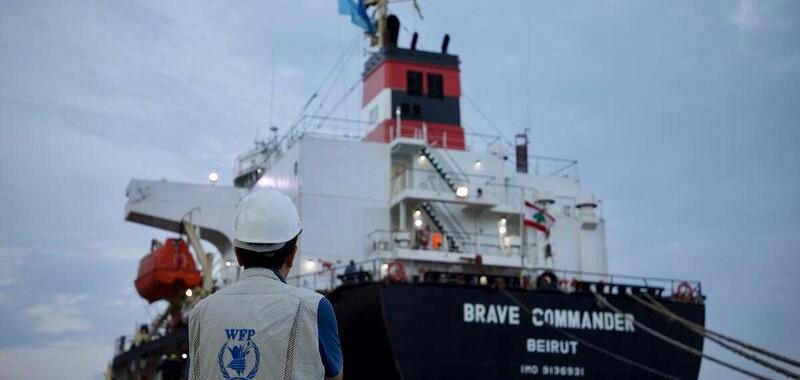Prisma has saved an estimated 10,000 work hours in 2024 by reducing 90 percent of the time spent formatting and analysing data. It has generated US$622,000 in cost savings through better long-term supply chain planning. WFP countries using Prisma were also 58 percent less likely to distribute food with less than 90 days of shelf life remaining, reducing the risk of food expiring.
After rolling out Prisma, WFP Nigeria reduced food loss by 159 MT (US$84,000) to 0 MT of loss in 15 months.
WFP Afghanistan reduced their production timeline from 15 days to two days of their bi-weekly operational food supply pipeline, freeing up time for supply chain planners and ensuring a more updated overview of food operations for all stakeholders.
In Pakistan, a better planning horizon thanks to Prisma enabled WFP Pakistan to make smarter and more informed decisions with more confidence around transport terms, leading to more cost-effective delivery options. By the end of 2024, this strategy helped avoid US$57,000 in costs by reducing unnecessary transport steps thanks to optimized supply routes. Additionally, improvements in planning and automation saved 448 staff hours, which translated into an estimated $88,000 in time savings alone. When combined with the $57,000 in cost avoidance, this amounted to an overall operational efficiency gain of $145,000 in just one country in less than three months of use.



